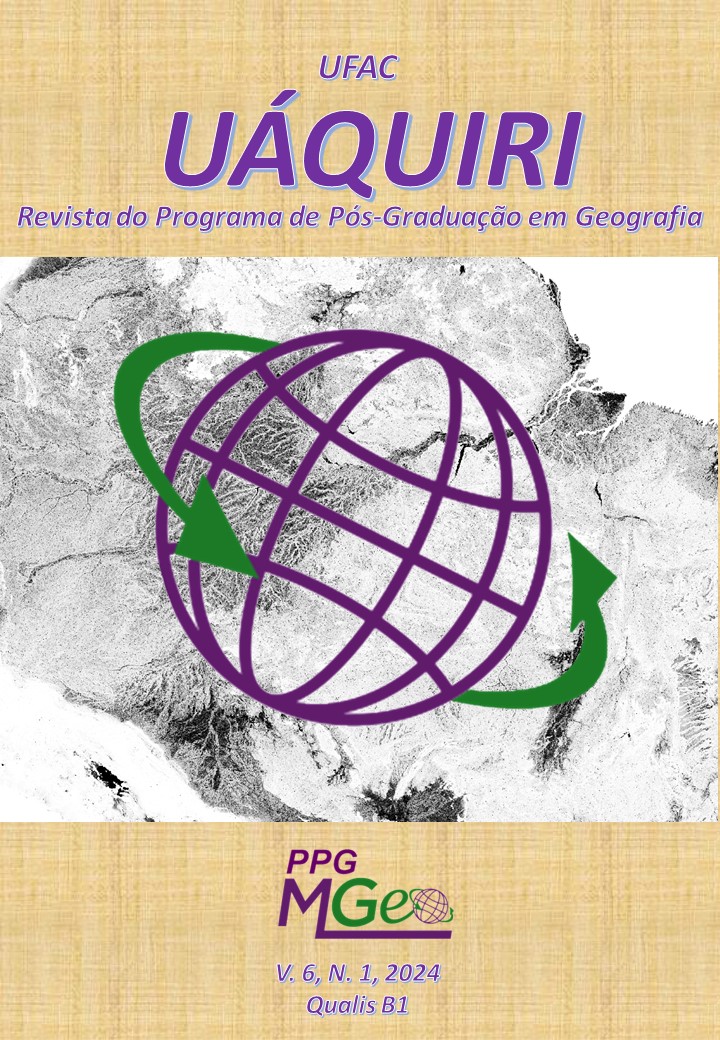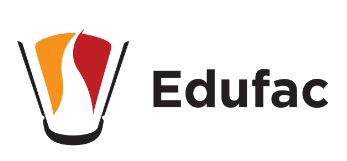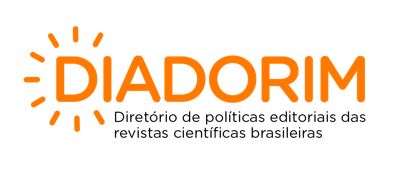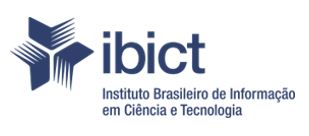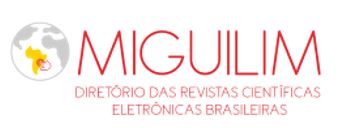ENVIRONMENTAL EDUCATION WORKSHOP AT SCHOOL: EXPERIENCE REPORT
DOI:
https://doi.org/10.29327/2463817.6.1-14Keywords:
Oficina; Metodologias Ativas; Educação Ambiental; e Comunicação de RiscoAbstract
This experience report presents the development of an environmental education workshop that addressed the theme of flood risk communication, carried out within the research project "Facilitating knowledge exchange between citizens and policy makers through dialogical participatory mapping," conducted between February and July 2023. The workshop aimed to foster students' interest in the local socio-environmental context, as well as to work on topics related to floods and risk communication, using active methodologies as an alternative to promote the diffusion of knowledge in a playful, creative, and interdisciplinary way. The methodology was developed with the students in four stages: initial approach (getting into action - part 1), which aimed to provide a brief presentation of the project and the workshop's theme; Reflection on the importance of rain for life on Earth (getting into action - part 2), highlighting each stage of the hydrological cycle; Introduction to the importance of risk communication and the importance of clear and effective communication (getting into action - parts 3 and 4) and a brief presentation on the rain gauge (getting into action - part 5). The analysis of the workshop's results indicates that the use of active methodologies was fundamental to ensure the adequate development of the activity. However, we observed that group activities are not always well accepted by students, and therefore, we noticed resistance to some of the activities. As the workshop progressed, they began to carry out activities in collaboration with classmates. This finding illustrates the complexity and potential of developing workshops involving university students and lower secondary education. The task of teaching, of promoting conditions for learning, is not simple, especially when addressing topics that do not immediately attract students and that require skill and flexibility from the team for better interaction.
Downloads
References
FREIRE. P. Pedagogia da autonomia: saberes necessários à prática educativa. São Paulo: Paz e Terra, 1996.
JACOBI, P. R. Educação ambiental: o desafio da construção de um pensamento crítico, complexo e reflexivo. Educação e Pesquisa, v. 31, n. 2, p. 233-250, 2005. DOI: https://doi.org/10.1590/S1517-97022005000200007
JUNIOR, W. E. F.; OLIVEIRA, A. C. G. Oficinas pedagógicas: Uma proposta para reflexão e a formação de professores. Química Nova na Escola revista, São Paulo, v.37, n.2, p. 125 - 133, 2015.
KELLENS, W.; TERPSTRA, T.; DE MAEYER, P. Perception and communication of flood risks: a systematic review of empirical research. Risk Anal, v.33, n.1, p. 24-49, 2013. doi: https://doi.org/10.1111/j.1539-6924.2012.01844.x
OLIVEIRA, C. K.; SAHEB, D.; RODRIGUES, D. G. A educação ambiental e a prática pedagógica: um diálogo necessário. Educação, v. 45, n.1, 2020. DOI: https://doi.org/10.5902/1984644433540
ORGANIZAÇÃO DAS NAÇÕES UNIDAS (ONU). Transformando Nosso Mundo: A Agenda 2030 para o Desenvolvimento Sustentável. ONU, 20215. Traduzido pelo Centro de Informação das Nações Unidas para o Brasil (UNIC Rio), última edição em 13 de outubro de 2015. https://sustainabledevelopment.un.org
REZENDE, J. M. de. Oficina. Revista de Patologia Tropical / Journal of Tropical Pathology, Goiânia, v. 38, n. 2, p. 135-138, 2009.
SOUSA, D. A et al. Guia do professor: Dados à prova d 'água. São Paulo: Programa Gestão Pública e Cidadania, 2022. 222 p. ISBN 978-65-997183-1-1. Disponível em: Guia do Professor - Dados à Prova d'água - Cemaden Educação. Acesso em: 07 mai. 2024.
